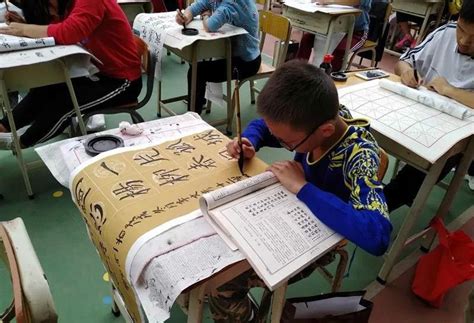各个国家的英文名称
Exploring Literary Traditions Across Countries
Literature is a reflection of a nation's soul, encapsulating its history, culture, and societal values. Across the globe, various countries have contributed rich and diverse literary traditions, each offering unique insights into the human experience. In this exploration, we delve into the literary landscapes of different countries, focusing on their Englishlanguage literature.
United States: A Tapestry of Voices
American literature is a vibrant tapestry woven from diverse threads of culture, history, and identity. From the transcendentalism of Ralph Waldo Emerson and Henry David Thoreau to the realism of Mark Twain and the modernist experimentation of T.S. Eliot and F. Scott Fitzgerald, American literature encompasses a wide range of styles and themes.
One cannot discuss American literature without mentioning the works of African American writers such as Langston Hughes, Zora Neale Hurston, and Toni Morrison, who have profoundly influenced the literary landscape with their exploration of race, identity, and the African American experience.
Contemporary American literature continues to evolve, with authors like Toni Morrison, Philip Roth, and Cormac McCarthy grappling with themes of postmodernism, globalization, and the complexities of modern life.
United Kingdom: A Legacy of Greatness
The literary heritage of the United Kingdom is steeped in tradition and innovation. From the timeless works of William Shakespeare and Geoffrey Chaucer to the Romantic poetry of William Wordsworth and John Keats, British literature spans centuries and genres.
The Victorian era produced some of the most enduring works in the English language, with authors like Charles Dickens, Charlotte Brontë, and George Eliot capturing the social and moral complexities of their time.
In the 20th century, British literature saw the rise of modernist writers such as Virginia Woolf and James Joyce, who experimented with form and language to explore the inner workings of the human mind.
Today, British literature continues to thrive, with authors like Zadie Smith, Ian McEwan, and Hilary Mantel pushing boundaries and challenging readers with their incisive observations of contemporary society.
Canada: A Mosaic of Voices
Canadian literature reflects the country's multicultural identity, with writers from diverse backgrounds contributing to a rich tapestry of voices. Indigenous authors like Thomas King and Eden Robinson draw on oral traditions and mythologies to explore issues of identity, colonialism, and reconciliation.

Margaret Atwood stands as one of Canada's most prominent literary figures, known for her dystopian masterpiece "The Handmaid's Tale" and her exploration of gender, power, and environmentalism.
Canadian literature is also marked by its regional diversity, with writers like Alice Munro capturing the rhythms of smalltown life in Ontario and Mordecai Richler offering a gritty portrayal of urban Montreal.
Australia: Land of Contrasts
Australian literature reflects the vastness and diversity of the continent, from the harsh beauty of the Outback to the bustling streets of its cities. Indigenous voices like those of Kim Scott and Alexis Wright provide insights into the enduring connections between land, culture, and identity.
The works of Patrick White and Peter Carey delve into the complexities of Australian society, grappling with themes of colonialism, immigration, and national identity.
Contemporary Australian literature is characterized by its multiculturalism and cosmopolitanism, with authors like Helen Garner, Tim Winton, and Christos Tsiolkas offering diverse perspectives on the Australian experience.
Conclusion: A Global Conversation
The Englishlanguage literary traditions of various countries offer a window into the human experience, providing insights, reflections, and provocations that transcend borders and boundaries. From the shores of America to the hills of England, from the vast plains of Canada to the rugged landscapes of Australia, each country's literature adds a unique voice to the global conversation about what it means to be human. As readers, we are fortunate to have access to this rich tapestry of stories, ideas, and perspectives, inviting us to explore, learn, and empathize across cultures and continents.
This overview merely scratches the surface of the wealth of literature produced across the globe, but it is my hope that it serves as a starting point for further exploration and discovery. As we delve deeper into the literary traditions of different countries, we not only enrich our understanding of the world but also cultivate a deeper appreciation for the power of storytelling to unite, inspire, and transform lives.










